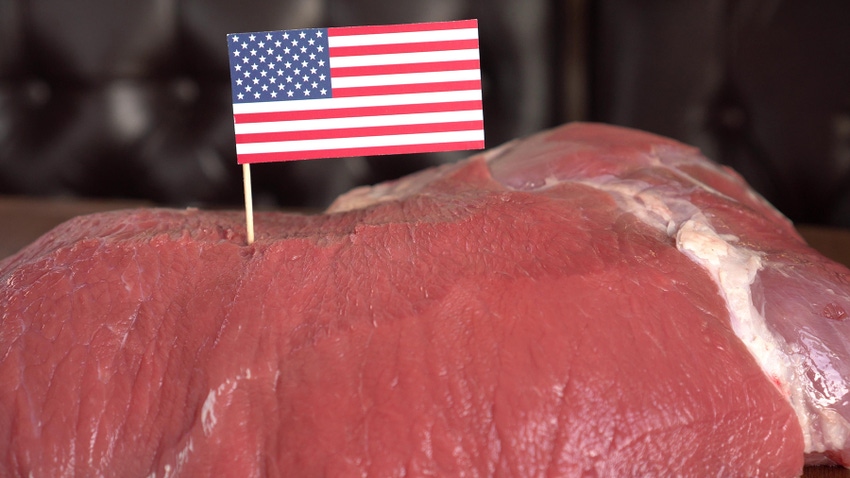
Agriculture Secretary Tom Vilsack announced USDA has finalized a rule he says will align voluntary “Product of USA” labeling claims with consumers’ understanding of the term. The news came during the Secretary’s address at the National Farmers Union annual convention in Phoenix.
“Today’s announcement is a vital step toward consumer protection and builds on the Biden-Harris Administration’s work to bolster trust and fairness in the marketplace where smaller processors can compete,” Vilsack says. ��“This final rule will ensure that when consumers see ‘Product of USA’ they can trust the authenticity of that label and know that every step involved, from birth to processing, was done here in America.”
American farmers and ranchers have long complained about companies labeling their products as U.S. made even when their animals were raised oversees. Those companies contended that processing animals in the country was enough for them to be considered products of the U.S.
USDA’s new rule now says otherwise. It explicitly stipulates the terms “Product of USA” or “Made in the USA” may only be used on meat, poultry and egg products derived from animals raised, slaughtered and processed in the United States.
Use of the claim will continue to be voluntary. It also remains eligible for generic label approval, which does not require USDA Food Safety and Inspection Service approval. The Agriculture Department has published updated labeling guidance with additional information on how to properly use the U.S. origin labeling. The public is encouraged to submit comments for 60 days.
Those currently using voluntary U.S. origin claims mast adhere to new requirements by Jan. 1, 2026.
The National Cattlemen’s Beef Association has been working to change “Products of USA” rules for years. NCBA Director of Government Affairs Kent Bacus says the organization appreciates USDA’s efforts to close a loophole that allowed imported beef to be labeled as U.S.-made at the end of the supply chain.
“During the implementation period, NCBA’s focus will remain on ensuring that these changes result in the opportunity for producer premiums while remaining trade compliant,” Bacus says.
Read more about:
TradeAbout the Author(s)
You May Also Like






